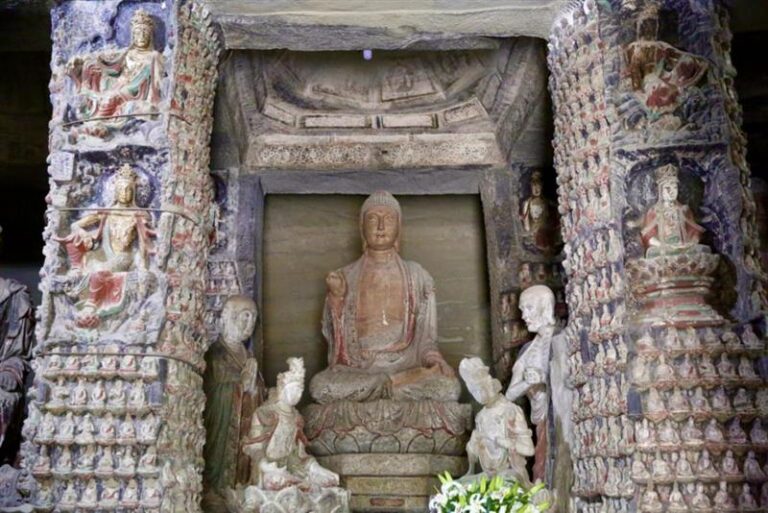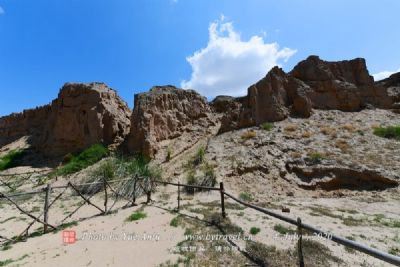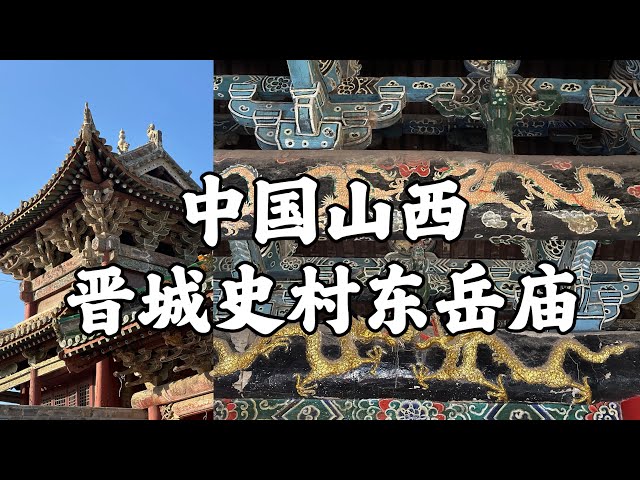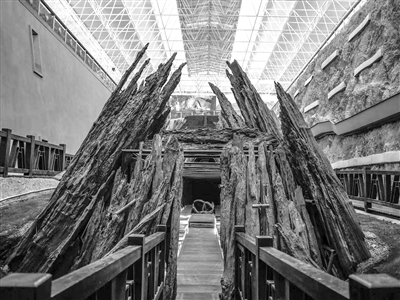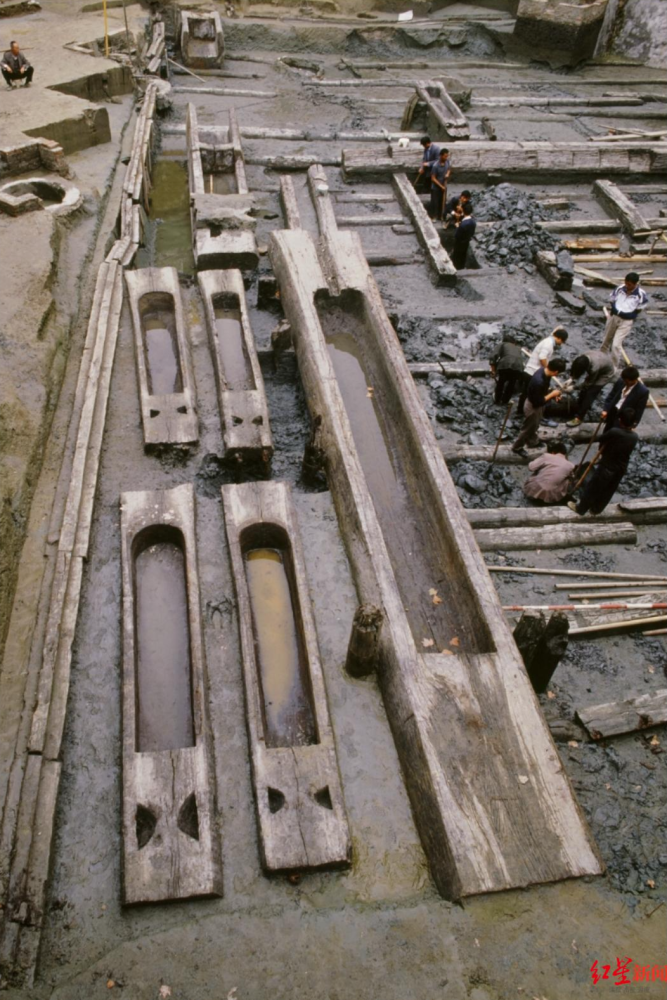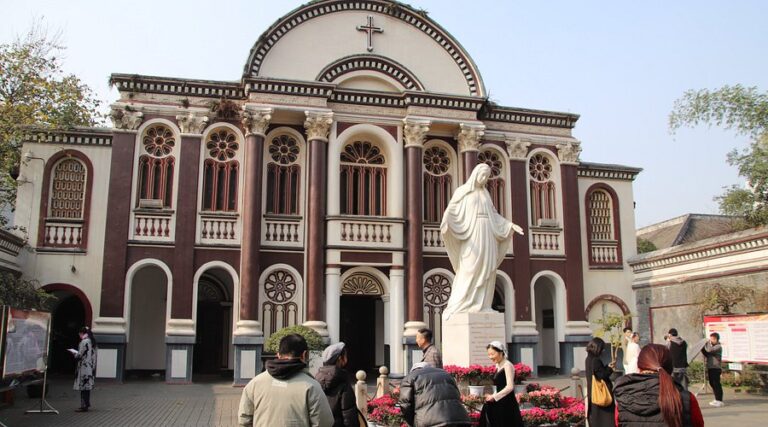Explore the Architectural Marvels of Yuncheng Beichi Jiwang Temple in the Heart of Shanxi
An Essential Guide to Visiting Yuncheng Beichi Jiwang Temple
In This Guide
- An Essential Guide to Visiting Yuncheng Beichi Jiwang Temple
- The Rich History of Yuncheng Beichi Jiwang Temple
- Main Highlights: What to See at Yuncheng Beichi Jiwang Temple
- Planning Your Visit: A Practical Guide
- Tickets, Hours, and Booking
- How to Get There
- Local Cuisine and Accommodation
- Frequently Asked Questions
- Final Thoughts on Your Trip
Nestled in the heart of Shanxi Province, the Yuncheng Beichi Jiwang Temple, also known as the Jiwang Temple, stands as a testament to China’s rich agricultural heritage and architectural grandeur. Revered as the shrine dedicated to Hou Ji, the mythical founder of agriculture in China, this temple is not just a place of worship but a cultural landmark that encapsulates centuries of history and tradition.
Constructed during the Yuan Dynasty, the temple complex features a blend of architectural styles from different dynasties, including the impressive stone and wood carvings that adorn its halls. Visitors are greeted by an array of stunning sculptures and intricate details, showcasing the craftsmanship of ancient artisans. As you wander through the temple grounds, the atmosphere is imbued with reverence and a deep connection to the agrarian roots of Chinese civilization.
With its majestic layout and historical significance, the Yuncheng Beichi Jiwang Temple serves as a popular pilgrimage site for those looking to pay homage to the agricultural deities, as well as an engaging destination for travelers eager to explore the depths of Chinese history. Whether you’re drawn by spiritual curiosity or an appreciation for architectural beauty, a visit to this remarkable temple promises to be an enriching experience.
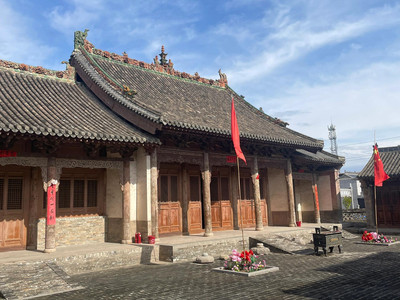
Yuncheng Beichi Jiwang Temple.
The Rich History of Yuncheng Beichi Jiwang Temple
Nestled in the scenic landscape of Yuncheng City, Shanxi Province, the Yuncheng Beichi Jiwang Temple, or Beichi Jiwang Miao, holds significant historical and cultural value. This temple, dedicated to Hou Ji, the mythical ancestor of agriculture in China, stands as a testament to the region’s rich agricultural heritage and spiritual traditions.
The origins of the temple trace back to the Yuan Dynasty (1271-1368), making it one of the oldest structures in the area. Initially located on Jiwang Mountain, it was revered as a sacred site where local farmers would conduct rituals to honor the agricultural deity. Over the centuries, the temple has undergone various renovations, particularly during the Ming and Qing Dynasties, which have contributed to its current architectural grandeur.
The layout of the temple is both unique and intricate, reflecting the artistic styles of different eras. The main hall features stunning wooden and stone carvings, showcasing the exceptional craftsmanship of ancient artisans. Among its notable architectural features are the soaring rooflines adorned with colorful glazed tiles and intricately detailed pillars, which are adorned with dragon motifs and other symbols of prosperity and fertility. The temple also includes auxiliary structures, such as the theater stage, which highlights the cultural importance of performance arts in the region.
Throughout its history, the Beichi Jiwang Temple has served not only as a place of worship but also as a cultural hub where local traditions and agricultural practices were celebrated. Festivals and rituals held here have played a crucial role in sustaining the community’s agricultural identity. The temple is often associated with the “Three Uniques” of Jiwang, which refer to its architectural brilliance, the exquisite stone carvings, and its historical significance as a site of reverence for the farming community.
In recent years, the temple has been designated as a key cultural heritage site, reflecting ongoing efforts to preserve its historical integrity while promoting awareness of its significance. Visitors today can explore the temple’s serene surroundings, engage with its rich history, and appreciate the intricate artistry that has been lovingly maintained through the ages.
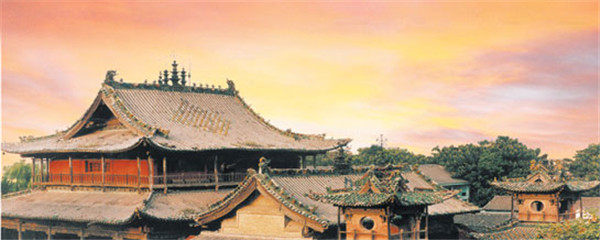
Yuncheng Beichi Jiwang Temple.
The Beichi Jiwang Temple stands not only as a monument to the agricultural legacy of the region but also as a vibrant symbol of the enduring connection between culture, spirituality, and community in China.
Main Highlights: What to See at Yuncheng Beichi Jiwang Temple
Yuncheng Beichi Jiwang Temple, also known as the Jiwang Temple, stands as a testament to China’s rich agricultural heritage and architectural prowess. Nestled in the serene landscapes of Shanxi Province, this historical site offers visitors a glimpse into the past while celebrating the legacy of Hou Ji, the legendary ancestor of agriculture in China.
One of the temple’s standout features is its impressive architectural layout. Built primarily during the Yuan and Qing dynasties, the temple complex showcases a harmonious blend of various construction styles, including exquisite stone carvings and intricate wooden sculptures. The main hall, characterized by its grand scale and unique asymmetrical design, is adorned with stunning decorative art that reflects the craftsmanship of ancient artisans. Visitors will find themselves captivated by the ornate details of the beams and pillars, which tell stories of traditional agricultural practices and reverence for nature.
The temple is not just an architectural marvel; it also holds significant cultural and historical value. As one of the largest and best-preserved temples dedicated to Hou Ji, it serves as a site for rituals and ceremonies that honor the agricultural deity. The temple’s significance is further emphasized by its classification as a national key cultural heritage site. This recognition underscores its importance in preserving Chinese traditions and beliefs related to agriculture.
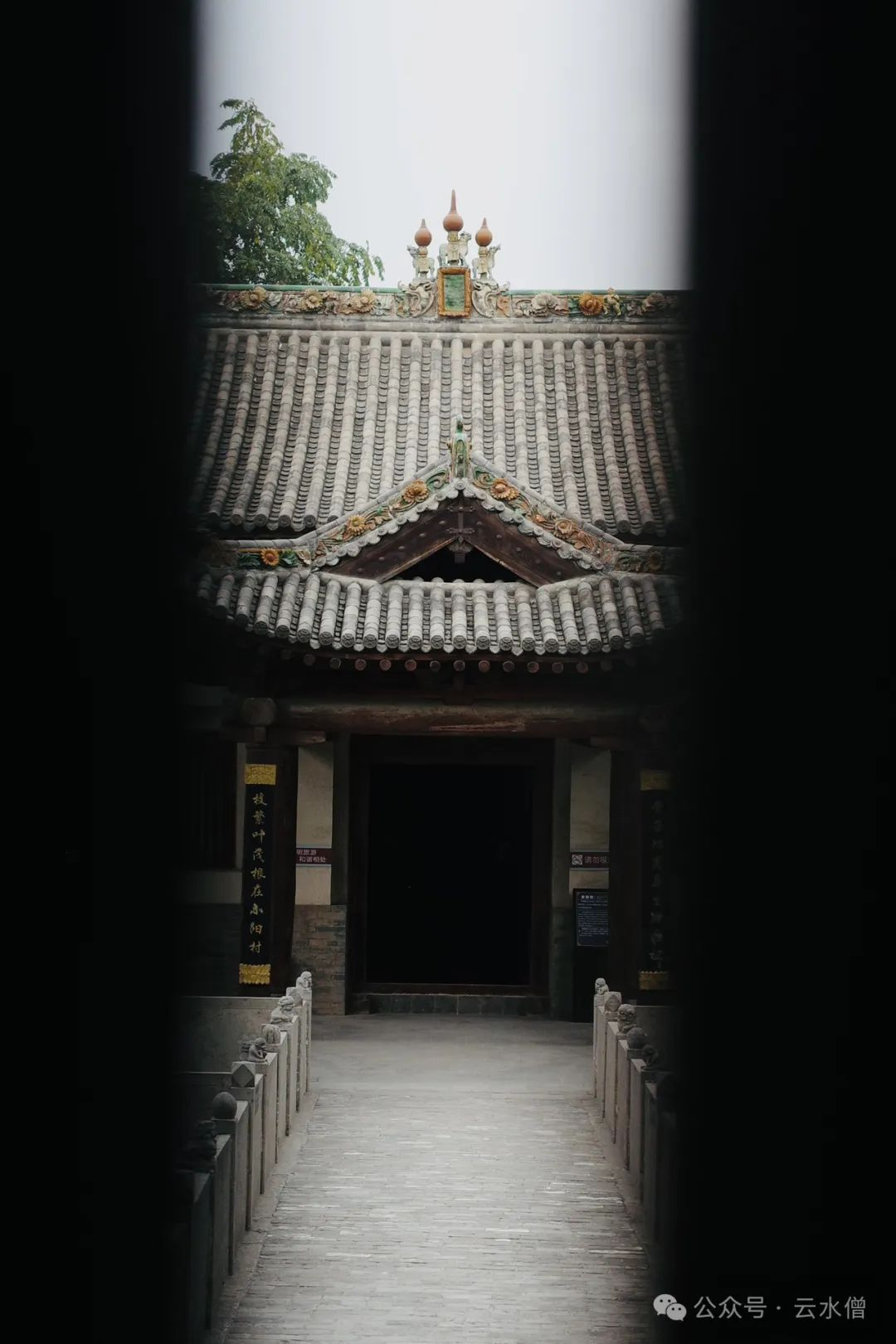
Yuncheng Beichi Jiwang Temple.
Visitors to Beichi Jiwang Temple can immerse themselves in the tranquil atmosphere that surrounds the site. The temple is set against a backdrop of lush greenery, making it an ideal spot for reflection and photography. A stroll through the grounds provides ample opportunity to appreciate the temple’s architectural beauty while taking in the serene environment that has remained largely untouched by modern development.
For those interested in exploring more about the region, the temple is conveniently located near other cultural landmarks. Nearby attractions include ancient burial sites and natural scenic areas, enriching the overall experience for travelers seeking to delve deeper into Shanxi’s history and culture.
A visit to Yuncheng Beichi Jiwang Temple is not just an exploration of a historical site; it is an opportunity to connect with the agricultural roots of Chinese civilization and to appreciate the artistry that has been preserved through the centuries. Whether you are a history enthusiast, a lover of architecture, or simply looking for a peaceful retreat, this temple promises an unforgettable journey into the heart of China’s agricultural heritage.
Planning Your Visit: A Practical Guide
Practical Guide to Yuncheng Beichi Jiwang Temple
Visiting the Yuncheng Beichi Jiwang Temple, an architectural gem dedicated to the agricultural deity Hou Ji, is a must for anyone interested in Chinese culture and history. This guide will provide essential information to help you plan your visit, including opening hours, ticketing, and nearby attractions.
Location and How to Get There
The Yuncheng Beichi Jiwang Temple is located in Beichi Village, Yangwang Town, Xinjiang County, Yuncheng City, Shanxi Province. The temple is approximately 30.5 kilometers from the Xinjiang County government, making it accessible by car. The drive from the city center takes about 59 minutes. If you’re using a GPS, simply enter the temple’s name or address for directions.
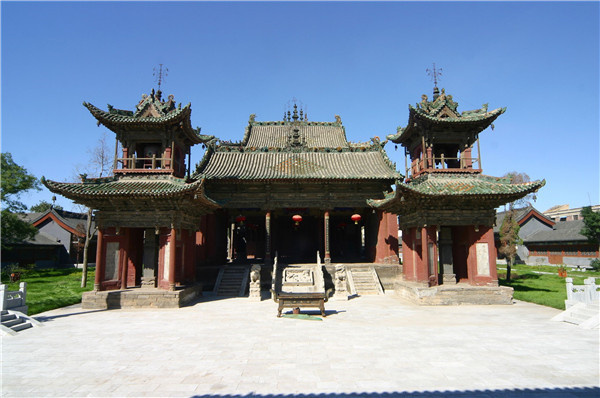
Yuncheng Beichi Jiwang Temple.
Opening Hours
The temple is generally open to visitors, but it’s advisable to contact the preservation staff for the exact opening hours before your visit. Typically, it operates between 8:30 AM and 6:00 PM, allowing ample time to explore the site.
Admission Fees
Entry to the Jiwang Temple is usually free, but it’s important to check in advance for any special exhibitions or events that might require a ticket.
What to Expect
The temple complex showcases a stunning blend of architectural styles from different dynasties, primarily the Yuan and Qing periods. The main hall, known as the Jiwang Hall, features intricate wood and stone carvings that reflect the artistry of ancient craftsmen. Visitors can admire the well-preserved structures, including the ceremonial stage and the beautifully decorated eaves, adorned with glazed tiles.
As you explore the temple grounds, take note of the three artistic highlights often referred to as the “Three Treasures” of the temple: exquisite stone carvings, delicate wood sculptures, and vibrant glazed tiles. Each element tells a story of the agricultural heritage and reverence for the deity Hou Ji, who is credited with the introduction of agriculture in ancient China.
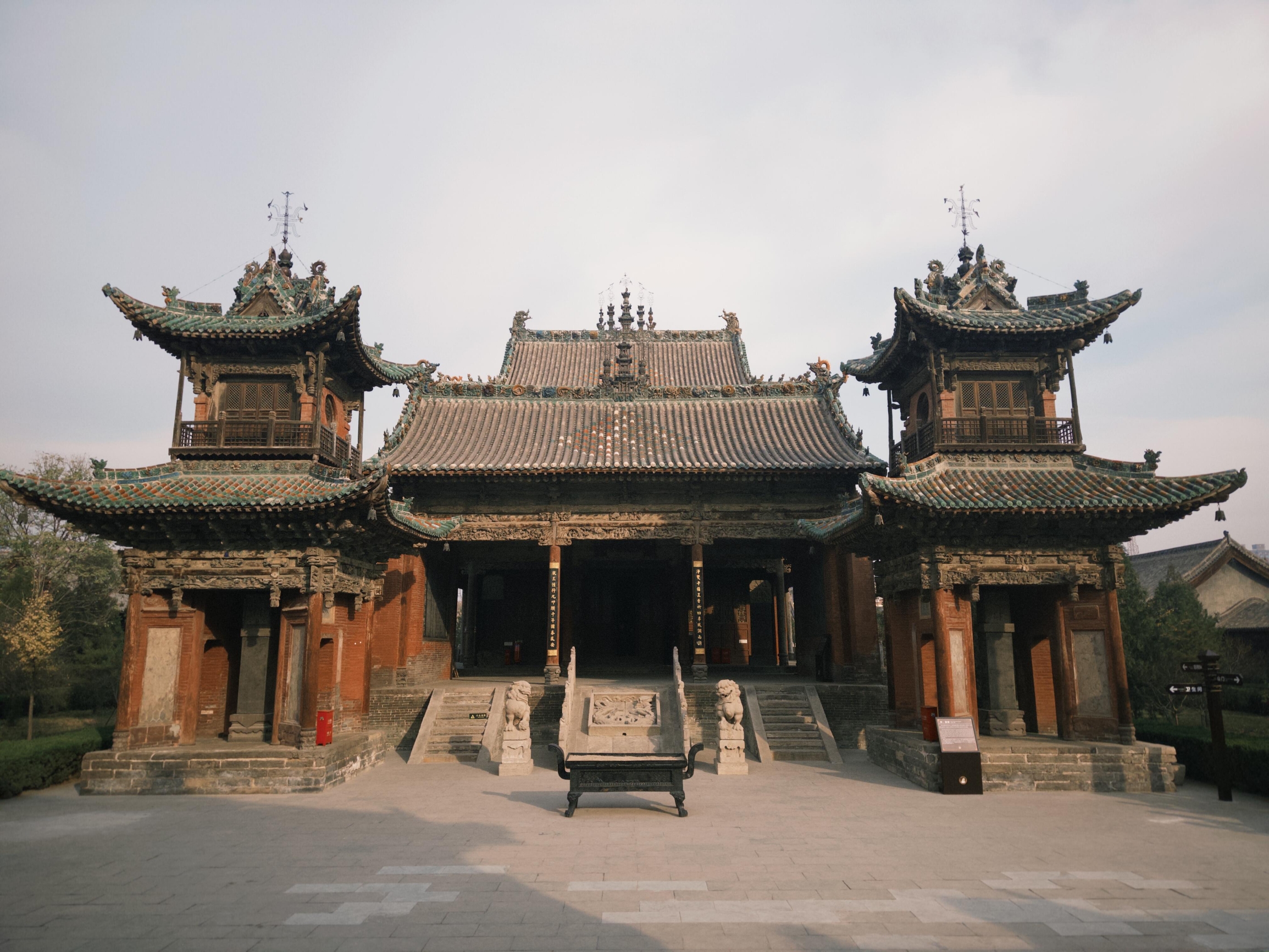
Yuncheng Beichi Jiwang Temple.
Suggested Duration of Visit
Plan to spend at least 1 to 2 hours at the temple. This will give you enough time to fully appreciate the architecture, take photographs, and read about the historical significance of different sections of the temple.
Nearby Attractions
After visiting the Jiwang Temple, consider exploring other nearby historical sites. The Yuncheng area is rich with cultural heritage, including:
- Yunqiu Mountain Scenic Area – A stunning natural landscape ideal for hiking and photography.
- Qin Shi Huangdi Mausoleum (Terracotta Army) – A UNESCO World Heritage Site and a major historical attraction, located about an hour’s drive from the temple.
- Other temples and ancient sites – The region is dotted with various temples and historical landmarks that reflect the rich cultural tapestry of Shanxi Province.
Practical Tips
- Dress Comfortably: As you will be walking around the temple grounds, wear comfortable shoes and dress appropriately for the weather.
- Bring a Camera: The intricate details and scenic views provide excellent photo opportunities.
- Respect Local Customs: As this is a place of worship, maintain a respectful demeanor during your visit, especially in sacred areas.
- Check Local Events: Occasionally, the temple hosts traditional ceremonies and festivals that can enhance your experience.
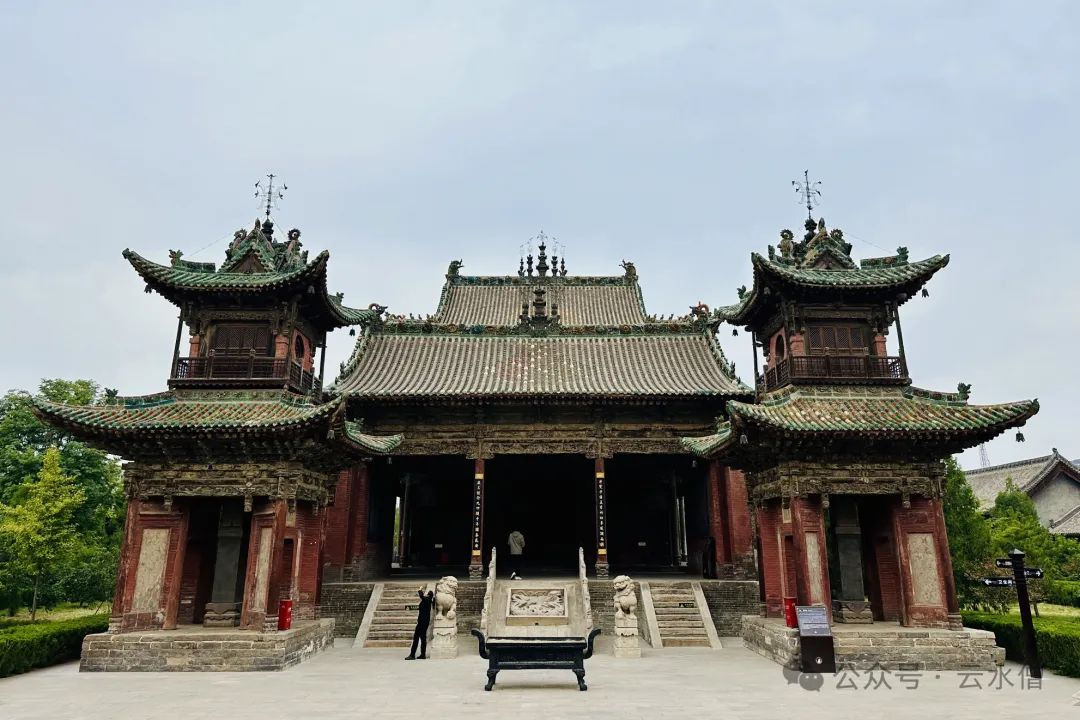
Yuncheng Beichi Jiwang Temple.
By following this guide, you are sure to enjoy a meaningful visit to Yuncheng Beichi Jiwang Temple, a site that beautifully encapsulates China’s agricultural history and architectural brilliance.
Tickets, Hours, and Booking
Visiting Yuncheng Beichi Jiwang Temple, a significant historical site dedicated to Hou Ji, the patron deity of agriculture in China, is a fascinating experience. The temple complex is rich in cultural heritage and offers insights into ancient Chinese architecture and traditions.
Admission Information
Entry to the temple is generally free, allowing visitors to explore its stunning architecture and intricate carvings without the barrier of a ticket price. However, it is advisable to check for any special events or exhibitions that may require a fee.
Opening Hours
The temple is open to the public from 8:30 AM to 6:00 PM. It’s recommended to allocate about 1 to 2 hours for your visit to fully appreciate the beauty and historical significance of the site.
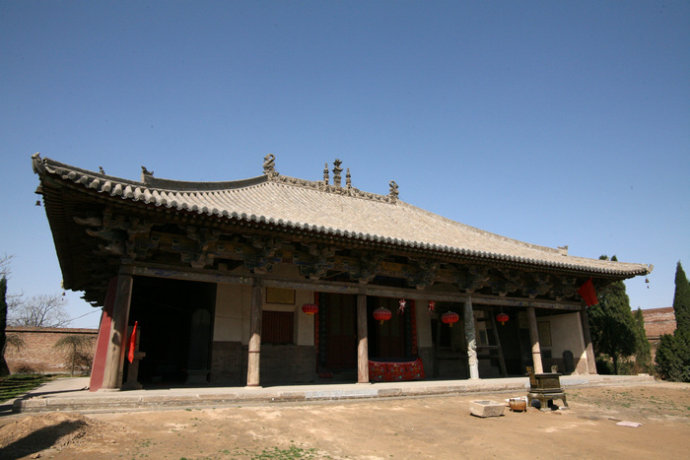
Yuncheng Beichi Jiwang Temple.
Location
Yuncheng Beichi Jiwang Temple is situated in Jishan County, Shanxi Province, approximately 190 meters southwest of the Modern Fashion Department Store. Its proximity to other attractions makes it an excellent stop for those exploring the rich cultural landscape of the region.
Contact Information
For any inquiries, including potential group visits or special tours, you can reach the temple’s administrative office at +86-359-2085615, where staff can assist with information in multiple languages.
Nearby Attractions
While visiting the temple, consider exploring other nearby historical sites, such as the Yuncheng Yangjialing Ruins or the stunning scenic areas surrounding the temple, offering a well-rounded cultural experience.
Whether you are a history enthusiast, a spiritual seeker, or simply looking to appreciate beautiful architecture, Yuncheng Beichi Jiwang Temple promises an enriching visit.
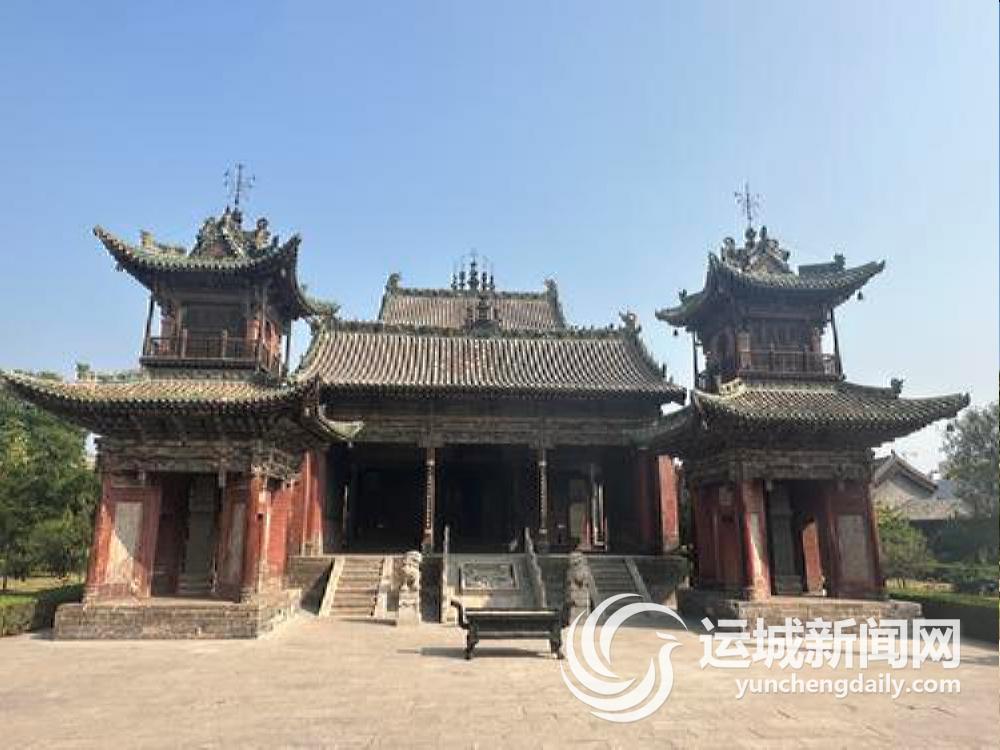
Yuncheng Beichi Jiwang Temple.
How to Get There
Reaching Yuncheng Beichi Jiwang Temple (北池稷王庙) is a rewarding experience, as the temple is nestled in a historically rich area of Shanxi Province. Here’s how you can navigate your way to this remarkable site, known for its stunning architecture and cultural significance.
Getting There by Car
If you prefer the convenience of driving, renting a car is a great option. The temple is easily accessible from Yuncheng City, located approximately 30 kilometers away. The journey takes around 50-60 minutes via the G108 National Highway. Follow the signs towards Jishan County, and look out for local signage directing you to Beichi Village, where the temple is situated.
Public Transportation
For those relying on public transport, buses operate regularly from Yuncheng to Jishan County. The main bus station in Yuncheng offers services that will drop you off in Jishan, from where you can take a taxi or a local minibus to the temple. Be sure to check the local bus schedules for the most accurate departure times.
Train Travel
If you are traveling from other major cities, consider taking a high-speed train to Yuncheng Railway Station. The station is well-connected to several cities in China, including Beijing and Xi’an. Once at Yuncheng Station, you can easily catch a taxi or a bus to the temple. Trains are a comfortable option, allowing you to enjoy the scenic views of Shanxi’s countryside.
Taxi Services
Taxis are readily available in Yuncheng and can be a quick and convenient way to reach the temple. Simply show the driver the address of Beichi Jiwang Temple, and they will take you directly there. It is advisable to confirm the fare beforehand or ensure that the meter is running.
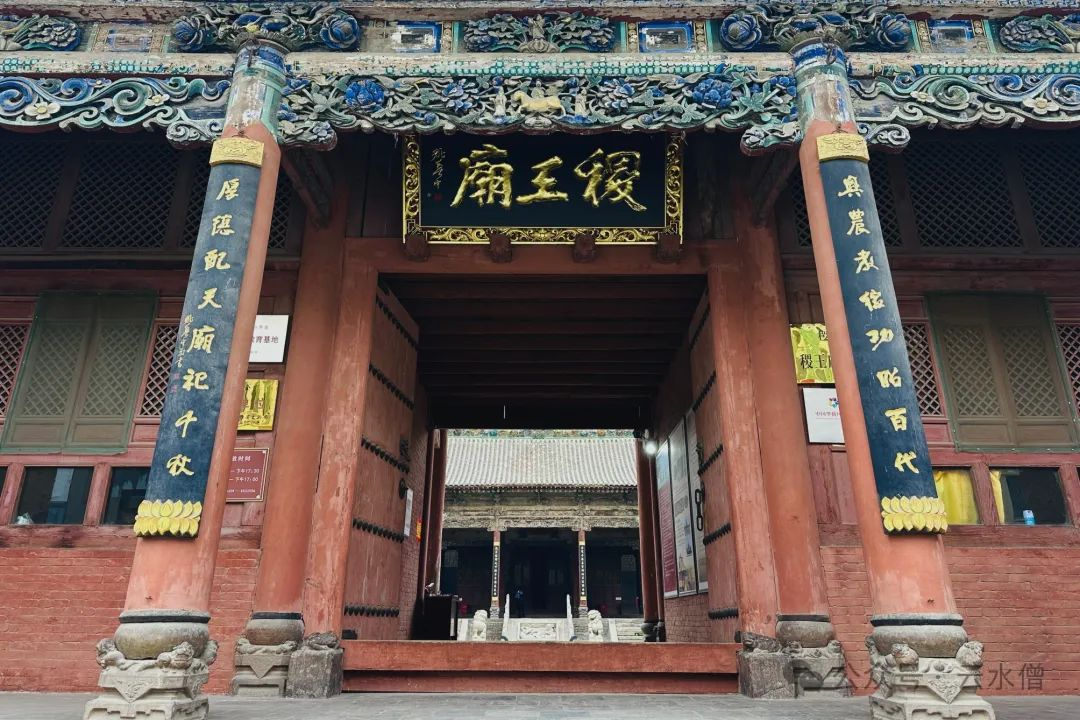
Yuncheng Beichi Jiwang Temple.
Local Guidance
Once you arrive in Jishan County, don’t hesitate to ask locals for directions to the temple. The area is rich in history, and many residents are familiar with its landmarks, offering insights that might enhance your visit.
Best Time to Visit
Yuncheng Beichi Jiwang Temple is open daily from 8:30 AM to 6:00 PM. To avoid the crowds and enjoy a more serene experience, consider visiting in the morning or late afternoon.
Whether you are driving or using public transport, the journey to Yuncheng Beichi Jiwang Temple promises to be an adventure filled with cultural exploration. Enjoy your visit to this historic site!
Local Cuisine and Accommodation
When visiting the Yuncheng Beichi Jiwang Temple, it’s crucial to savor the local flavors and find suitable accommodations to enhance your experience. Here are some recommendations that will cater to your culinary cravings and provide comfortable lodging.
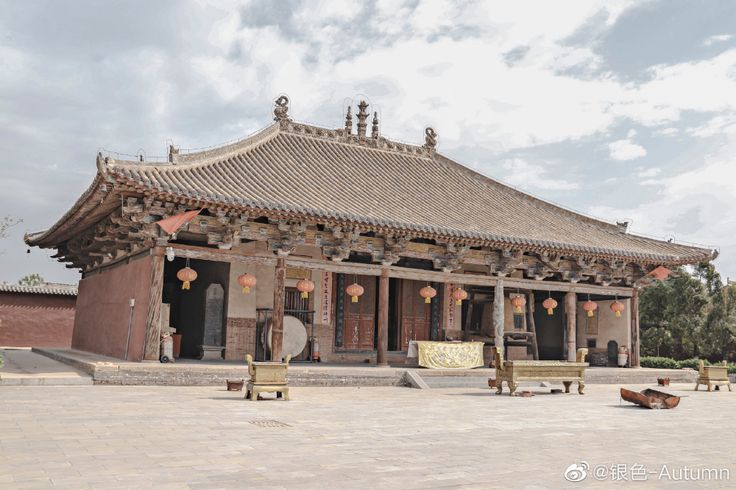
Yuncheng Beichi Jiwang Temple.
Culinary Delights
-
Xinjian Erwa Yangtang – This restaurant is famous for its rich and hearty lamb soup, a must-try for meat lovers. The warm ambiance and friendly staff make it a perfect spot to enjoy a comforting meal after your temple visit.
-
Baisifu Leisure Restaurant – Known for its local Shanxi dishes, this restaurant offers a wide range of options, including exquisite hand-pulled noodles and various meat dishes. The relaxed setting is ideal for families and groups.
-
Jiangzhou Hesheng Hotpot – If you’re in the mood for something interactive, this hotpot restaurant allows you to cook your own meal right at your table. Choose from a variety of fresh ingredients and savor the communal dining experience.
-
Wang Meat Head Steamed Bun – For a quick and delicious snack, try the local specialty, steamed buns filled with marinated meat. It’s a popular choice among locals and will give you a taste of authentic Shanxi street food.
-
De Ke Si (Longxing Restaurant) – This fast-food-style eatery offers a variety of quick bites, including fried chicken and spicy duck necks. It’s a great place for a casual meal on the go.
Where to Stay
-
Yuncheng International Hotel – Situated conveniently near the temple, this hotel offers modern amenities and comfortable rooms. Guests can enjoy a complimentary breakfast and take advantage of the on-site restaurant.
-
Jinjiang Inn – Known for its reliable service and comfortable stays, Jinjiang Inn provides a more budget-friendly option without compromising quality. Its convenient location makes it easy to explore nearby attractions.
-
Huasheng Hotel – This hotel is praised for its clean and spacious rooms. With friendly staff and a cozy atmosphere, it’s a great choice for travelers looking for a home away from home.
-
Xinjian Hotel – Offering a blend of traditional and contemporary decor, Xinjian Hotel provides a unique experience for guests. Its proximity to local dining options makes it an excellent choice for food lovers.
-
Local Guesthouses – For a more authentic experience, consider staying at one of the many guesthouses in the area. These often feature local charm, personalized service, and the chance to interact with the community.
Whether you’re indulging in the rich culinary heritage of Shanxi or settling into comfortable accommodations, your visit to Yuncheng Beichi Jiwang Temple will be a memorable one. Enjoy the blend of history and modern amenities as you explore this fascinating region.
Frequently Asked Questions
-
What are the opening hours for Yuncheng Beichi Jiwang Temple?
The temple is open daily from 8:30 AM to 6:00 PM. Visitors are encouraged to check for any changes in hours or special events before their visit. -
Is there an entrance fee to visit the temple?
Yes, there is an entrance fee to visit Yuncheng Beichi Jiwang Temple. It is advisable to check the current ticket prices online or contact the temple directly for the most accurate information. -
How can I get to Yuncheng Beichi Jiwang Temple?
The temple is located in Xinjiang County, approximately 30.5 kilometers from Yuncheng City. Visitors can drive or take local transportation options such as taxis or buses to reach the site. -
What is the significance of Yuncheng Beichi Jiwang Temple?
The temple is dedicated to Houji, the legendary ancestor of agriculture in Chinese culture. It is an important historical site that reflects the agricultural heritage of the region and features stunning architecture and artworks. -
How long should I plan to stay at the temple?
It is recommended to spend about 1 to 2 hours exploring the temple. This should allow enough time to appreciate the architecture, sculptures, and the serene environment. -
Are there any facilities available for visitors?
Basic facilities such as restrooms are available at the temple. However, visitors should plan accordingly and consider bringing water and snacks, especially for longer stays. -
Can I take photographs inside the temple?
Photography is generally permitted in the temple grounds, but visitors should be respectful and check for any specific restrictions in certain areas, especially during ceremonies. -
Are guided tours available at Yuncheng Beichi Jiwang Temple?
Yes, guided tours may be available, providing deeper insights into the history and significance of the temple. Visitors can inquire at the entrance or check online for tour options and schedules.
Final Thoughts on Your Trip
Visiting Yuncheng Beichi Jiwang Temple is not merely an excursion; it is a journey through time and culture, where the reverence for agricultural heritage and ancient craftsmanship converge. As you wander through its intricately carved halls and behold the elegance of traditional architecture, you will find yourself immersed in the rich tapestry of Chinese history. This temple, dedicated to the agricultural deity Hou Ji, stands as a testament to the enduring legacy of farming civilization in China.
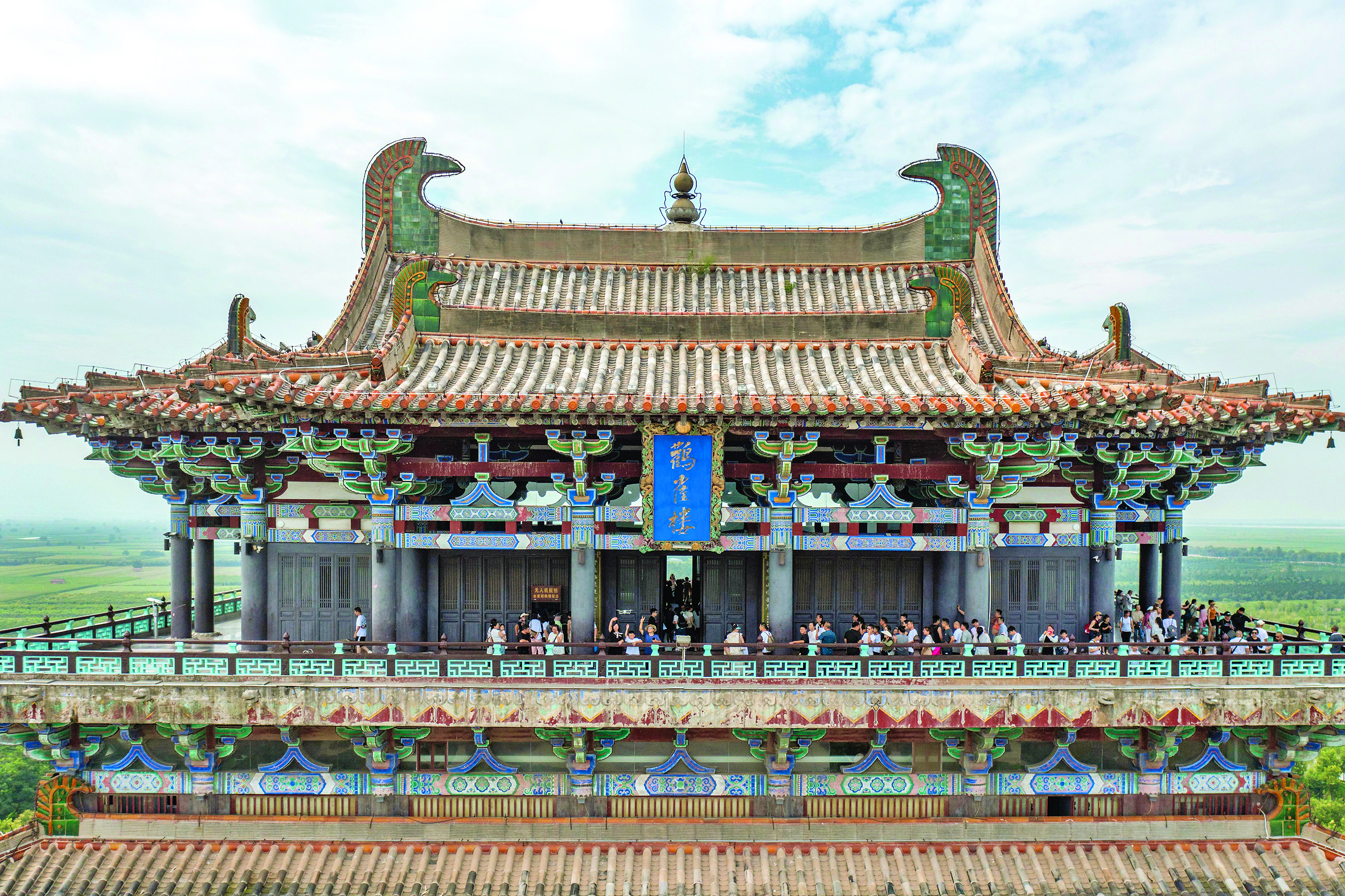
Yuncheng Beichi Jiwang Temple.
Whether you are an architecture enthusiast, a history buff, or someone seeking spiritual enrichment, Beichi Jiwang Temple offers something for everyone. Embrace the serene atmosphere, marvel at the exquisite stone and wood carvings, and let the whispers of the past inspire your present.
As you leave this sacred site, carry with you not just memories of its beauty but also a deeper appreciation for the cultural roots that shape our world today. Make sure to take a moment to reflect on the journey that has brought you here—one that continues to nourish the spirit of generations. This temple is not just a destination; it is a reminder of the profound connection between humanity and the land we cultivate.
